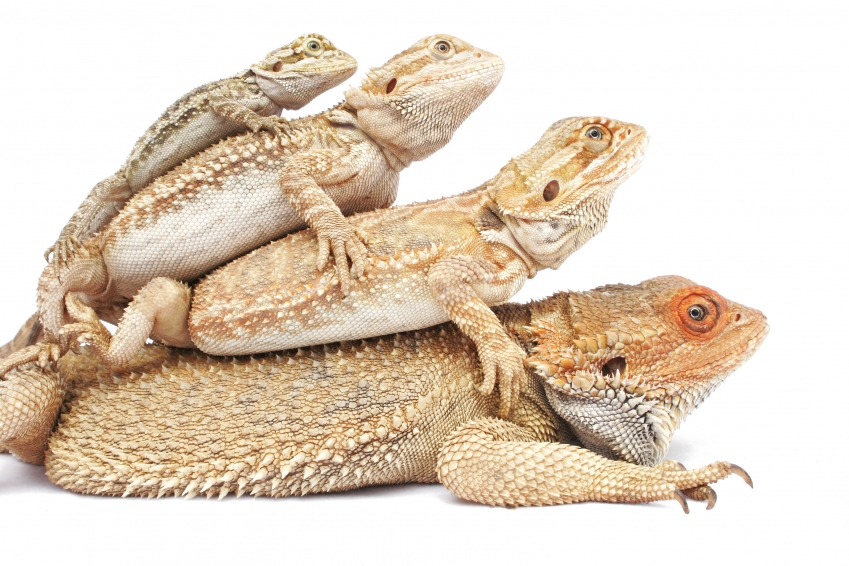Is Your Bearded Dragon Dehydrated? Tips and Tricks to Keep Your Pet Healthy
Is Your Bearded Dragon Dehydrated? Tips and Tricks to Keep Your Pet Healthy
Bearded dragons are fascinating reptiles that have become popular pets around the world. They are friendly, love to be held, and are relatively low maintenance compared to other pets. However, they do require some care to stay healthy, including proper nutrition, adequate lighting, and hydration.

How to Tell if Your Bearded Dragon is Dehydrated
Dehydration is a common condition in bearded dragons and can lead to serious health problems if not addressed. Here are some signs that your bearded dragon may be dehydrated:
- Sunken eyes
- Lethargy
- Wrinkled skin
- Reduced appetite or weight loss
- Dark, concentrated urine
How to Prevent Dehydration in Your Bearded Dragon
The best way to prevent dehydration is to provide your bearded dragon with adequate water and humidity. Here are some tips to help keep your pet healthy:
Provide a water dish
Bearded dragons need access to clean, fresh water at all times. You can do this by providing a shallow water dish in their enclosure. Make sure the dish is big enough for your bearded dragon to soak in and that the water is changed daily to prevent bacterial growth.

Use a spray bottle
Another way to increase humidity and prevent dehydration is to use a spray bottle to mist the enclosure daily. This will help provide moisture and a comfortable environment for your bearded dragon. However, make sure not to spray water directly on your pet as this can cause stress or illness.

Monitor the temperature
Bearded dragons need a warm environment, but too much heat can cause dehydration. Make sure to provide a temperature gradient in the enclosure, with a basking spot between 100-110°F and cooler areas around 80-85°F. This will help your bearded dragon regulate their body temperature and prevent heat stress.

Balance their diet
A proper diet is crucial to your bearded dragon’s health and hydration. Make sure to feed high-quality vegetables, fruits, and insects that are rich in water and nutrients. Some good options include collard greens, dandelion greens, squash, carrots, and crickets. Avoid feeding only dry pellets as they can lead to dehydration.

When to See a Vet
If you suspect that your bearded dragon is dehydrated, it’s important to take action immediately. However, if the condition persists despite your efforts, it may be time to see a veterinarian. They can perform tests to determine the underlying problem and provide treatment options such as fluids or medicines.
Conclusion
Keeping your bearded dragon well-hydrated is essential to their health and happiness. By providing a water dish, misting the enclosure, monitoring the temperature, and balancing their diet, you can help prevent dehydration and keep your pet healthy. If you suspect that your bearded dragon is dehydrated, take immediate action and consult with a vet if necessary.
